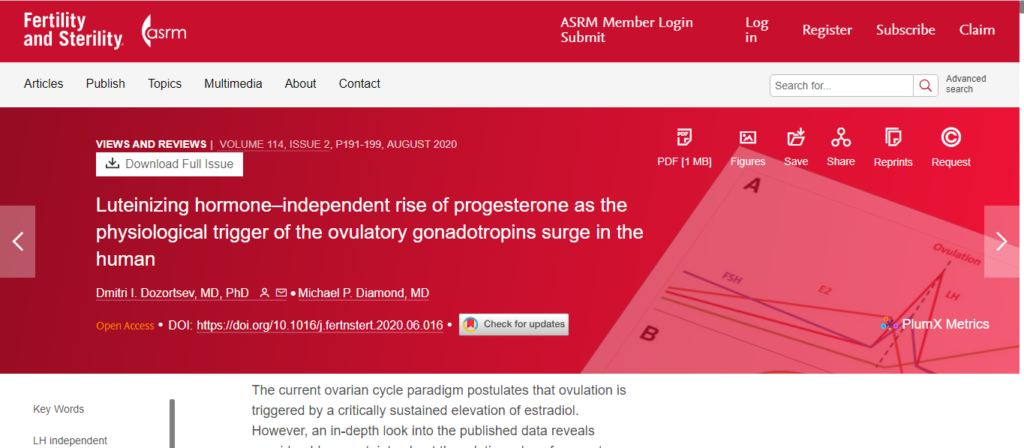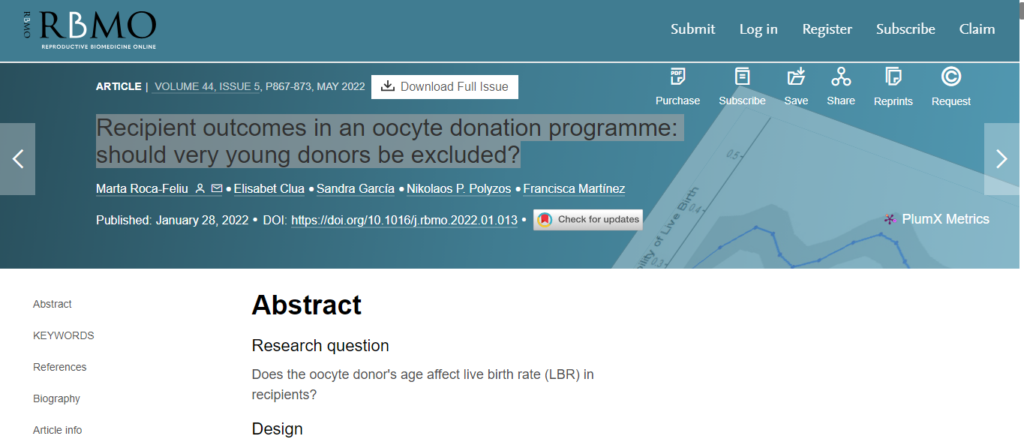IUDs are a popular method for birth control. In most cases, IUD devices have no impact on your ability to have children once they are removed.
Intrauterine devices (IUDs) are a popular method for birth control. These long-acting, reversible contraceptives can be an ideal option for women who are looking for an alternative to the pill.
A commonly asked question about IUDs is whether they impact long-term fertility after they are removed. Fortunately, most studies have shown that IUDs do not impact long-term fertility. Read on to learn more about how IUDs work, how they prevent pregnancy, and what you can expect after removal.
How Do IUDs Work?
IUDs are small, T-shaped devices that are inserted into your uterus to prevent pregnancy. They come in two forms: hormonal and copper, and both work by preventing fertilization through intercourse.
Hormonal IUDs release small amounts of the hormone progestin, the same hormone that is in most birth control pills. They last on average for 3 to 6 years. For some women, IUDs can ease menstrual pain in addition to preventing pregnancy. Popular hormonal IUDs include Skyla, Mirena, Liletta, and Kyleena.
Copper IUDs are hormone-free and last about 10 years. The copper that is wrapped around the plastic T triggers your immune system to prevent pregnancy. Copper IUDs can make your periods heavier, especially after initial insertion.
Both types of IUDs are over 99% effective at preventing pregnancy. Once you are ready to start a family, simply contact your OBGYN and schedule to have your IUD removed.
Will an IUD Impact Your Fertility After You Take It Out?
The simple answer is no, it will not. IUDs are one of the least disruptive ways to control your fertility cycles. Although some women may experience differences in menstrual cycles after removal, the effects are typically temporary.
The impact of IUDs on future fertility is a common concern, but numerous studies for both hormonal IUDs and copper IUDs have shown that menstrual cycles return to normal once the IUD is removed.
A recent study at the University of Texas Southwestern looked at women’s ability to get pregnant following the removal of an IUD. The researchers found that, overall, 87% of the women who tried to get pregnant became pregnant within a year of removing their IUDs. They saw no difference between the successful conception rates between women who had been pregnant before and those who had not.
If you have additional questions about IUD use and fertility, or if you have recently had your IUD removed and are experiencing difficulties with conception, don’t hesitate to consult an expert. The fertility specialists at the Advanced Fertility Center of Texas (AFCT) can help you better understand the relationship between your IUD and your fertility so that you can feel confident in your family planning decisions.



